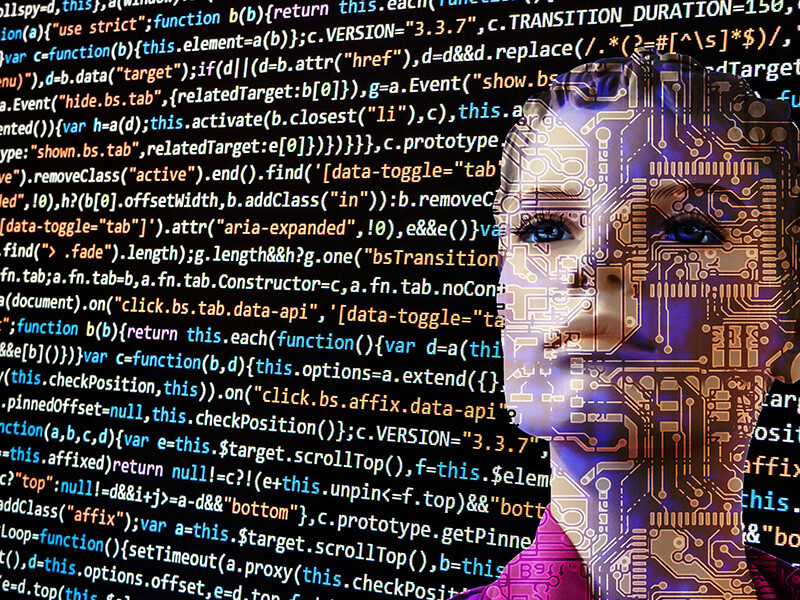
Artificial Intelligence in Dispute Resolution: An Emerging Landscape
Introduction: The Promise and Challenges of AI in South African Dispute Resolution Artificial intelligence (AI) is transforming industries worldwide, including the legal sector. In South


